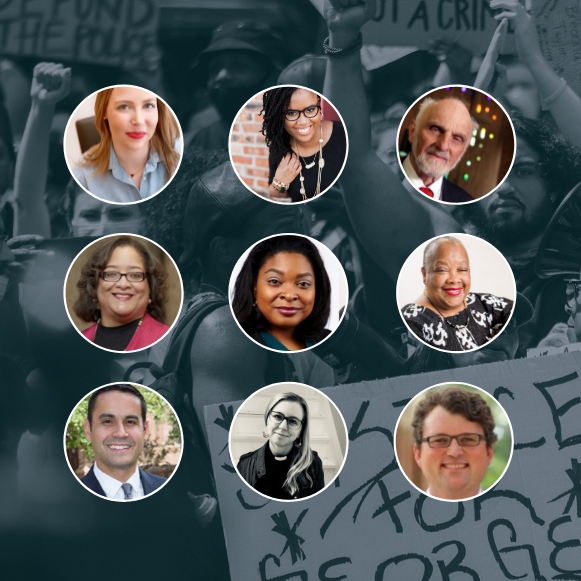Church Anew Blog
Get Updates in Your Inbox
Want to stay up-to-date with the Church Anew Blog? Sign up for our weekly blog round-up.
The Worst Kind of Evil
I understand why so many parents devote endless hours to the perfect organic diets for their kids, why so many of us research endlessly where to send our kids to school, how to address their medical needs. On a very deep level we sense that when it comes to protecting our children’s lives, we are ultimately mostly powerless, adrift in a sea of powerful interests, in a world where profit is king and kids are another line on a national expense sheet.
Partisan Politics Are So 2024
This is our past year in America, and now that we’ve reviewed it — can we finally consign the political past of 2024 to the dustbin of history?
Remembering: A Poem for Memorial Day
In America as of late, Memorial Day tends to blend with Veteran’s Day and the start of summer: so that we think the holiday is mostly about red, white and blue mixed with barbecue. But the truth is that Memorial Day began as an occasion for national grief and lament…
FINE: A Word for 2024
As someone who attaches a great deal of importance to words, it might surprise you that sometimes I find the things that mean most to me of all are things that I find hard to express with words.
Multi-Vocational Ministry: Part 3 - Profiles in Multi-Vocational Ministry with Rev. Natalia Terfa
For the next few columns, I want to start sharing with you profiles of other folks who are engaged in Multi-vocational Ministry. Their examples will add depth and breadth to how we see multi-vocational ministry, and we can also see through their stories real-life examples of how people are living out these callings, as well as areas where they need more support and guidance.
Multi-Vocational Ministry: Part 2
Churches, leadership, and denominations should begin by seeing ministers as complete human beings with a variety of gifts to offer inside and outside the church, rather than sort of widgets to fill in to particular parish settings, while adding in a part-time job or “bivocational ministry” heading to pay the bills.
Multi-Vocational Ministry
Many people think I’m “not working” since I left my most recent parish call, and in my denomination, our practice of placing multi-vocational ministers “on leave from call,” reinforces this misunderstanding.
Two Years Later: Racism In America
National visionaries, professors, and pastors provide biblical wisdom to help make sense of the world today.
EXPLORE OUR ARCHIVE OF ARTICLES FROM
Walter Brueggemann
Get Updates in Your Inbox
Want to stay up-to-date with the Church Anew Blog? Sign up for our weekly blog round-up.





